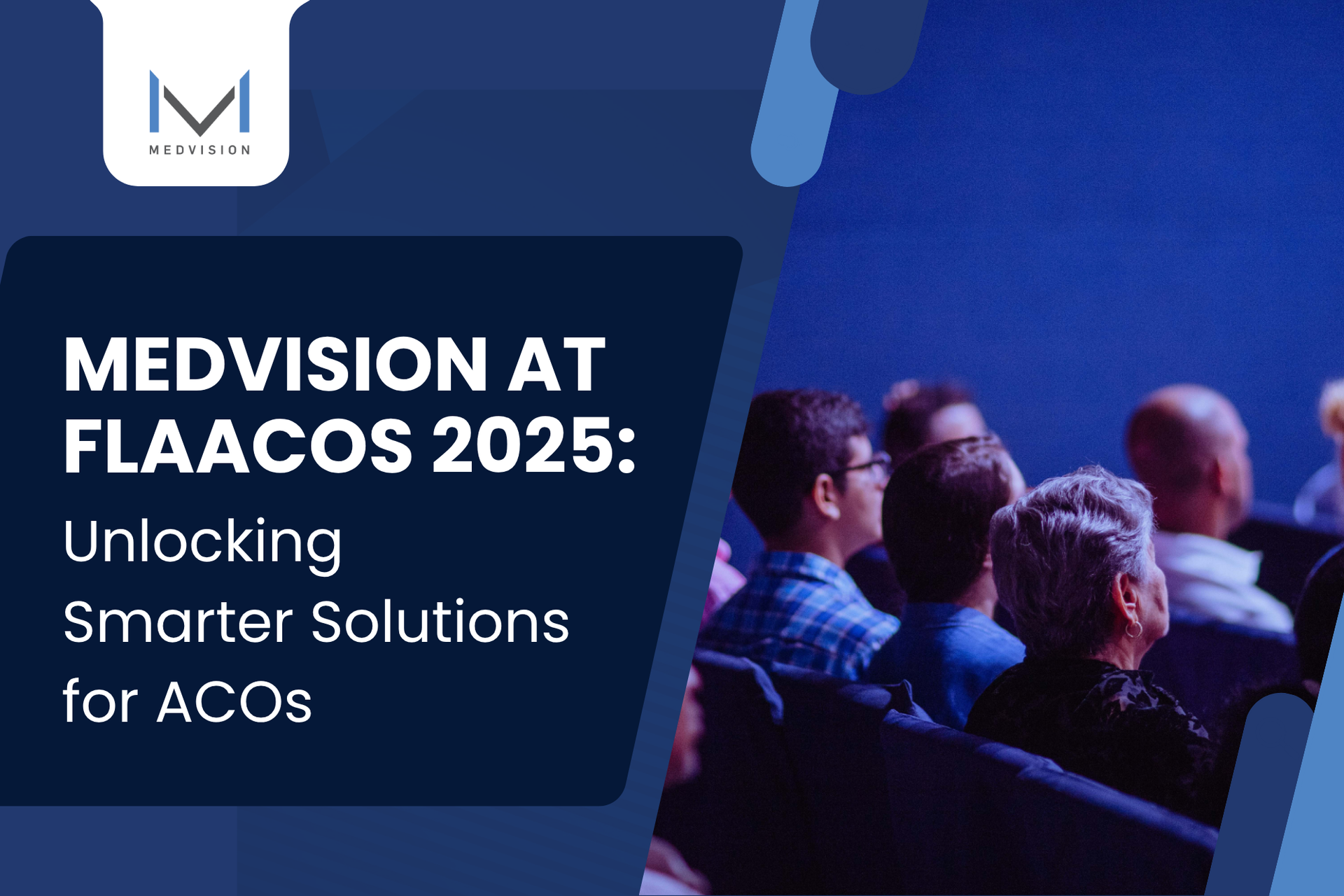Why Providers Should Consider CMS Direct Contracting
In the pursuit of delivering better and enhanced health care, providers have to be relieved of administrative tasks. Luckily, the Direct Contracting Entity (DCE) payment models present a set of payment arrangements. To provide care initiatives and risk management strategies, DCEs can freely choose a flexible framework.
A Brief Summary of the Three Direct Contracting Entity Payment Model Frameworks
The DCE payment model frameworks are intended to assist both providers and beneficiaries. It is an alternative payment that incentivizes providers as a way to encourage quality care. Traditional Medicare fee-for-service (FFS) beneficiaries can also reduce overall healthcare expenditures. The Centers for Medicare and Medicaid Services (CMS) has launched for DCE participants to take on risk and increase savings. Here are the three payment model frameworks, with one model that is still yet to be released:
- Professional Model.
Lowest risk share (50% savings/losses) with a monthly Primary Care Capitation (PCC) option. This is to cover primary care services provided to aligned beneficiaries by the DCE’s Participating Providers.
- Global Model.
Highest risk share (100% of savings/losses) with the option to choose a monthly PCC (mentioned above); or monthly Total Care Capitation (TCC). This is to cover services provided to align beneficiaries by the DCE’s Participating and Preferred Providers (optional).
- Geographic Model.
This DCE model is set to be released later this year. It offers DCEs the autonomy to assume the total cost of care risk for beneficiaries in a defined target region.
CMS’ Direct Contracting requires complex processing. Without any electronic integrations, working on payments can be challenging. In order for DCEs to successfully manage DCE models, it is necessary to have or consider a comprehensive management solution like QuickCap 7 (QC7) tools at their disposal.
The Goal for the CMS Direct Contracting Framework
CMS has designed the DCE payment model frameworks with the beneficiaries’ unique needs in mind. While it is apparent that one of its objectives is to back providers with their administrative burdens, it is ultimately to support the beneficiaries. This is needed in order to have easy access to affordable, advanced healthcare.
1. Better and Quality Care for Beneficiaries
DCEs can offer care management or other clinical programs that can ultimately support the beneficiaries with chronic and severe illnesses. This includes rendering primary, acute, long-term, behavioral, and social care.
2. Easy Access to Benefit Enhancements
Benefit enhancements are provided for the associated beneficiaries and they can have the access to enhanced telehealth, home health care, and waiver of the three-day prior hospitalization requirement for skilled nursing facility care.
3. Valuable Beneficiary Engagement Incentives
In-kind items and services, such as member care vouchers, wellness programs, and regular reminders for treatment regimens are granted to beneficiaries given that certain conditions are met.
4. Minimal Out-of-Pocket Costs
DCEs can present the cost-sharing payment setup to beneficiaries as a means to manage and cut down out-of-pocket expenses.
5. Strong Beneficiary Protections
Beneficiaries can enjoy all of the protections that Original Medicare has initially instated, including access to all Medicare providers and suppliers, a strong appeals system, the liberty to select and change DCEs that best suit their needs, and dependable CMS supervision of DCE performance.
With the Direct Contracting frameworks, DCEs and beneficiaries can secure all-around support that is crucial for the rendering of services and the execution of improved outcomes for the beneficiaries that highly need it. Luckily, there is a trusted healthcare solution like QuickCap that helps simplify and expedite the workflow of DCEs.
Recently published articles
Keep in touch
Subscribe to get the latest update
Trending topics
Share your insights on social media
Upcoming events and company news












